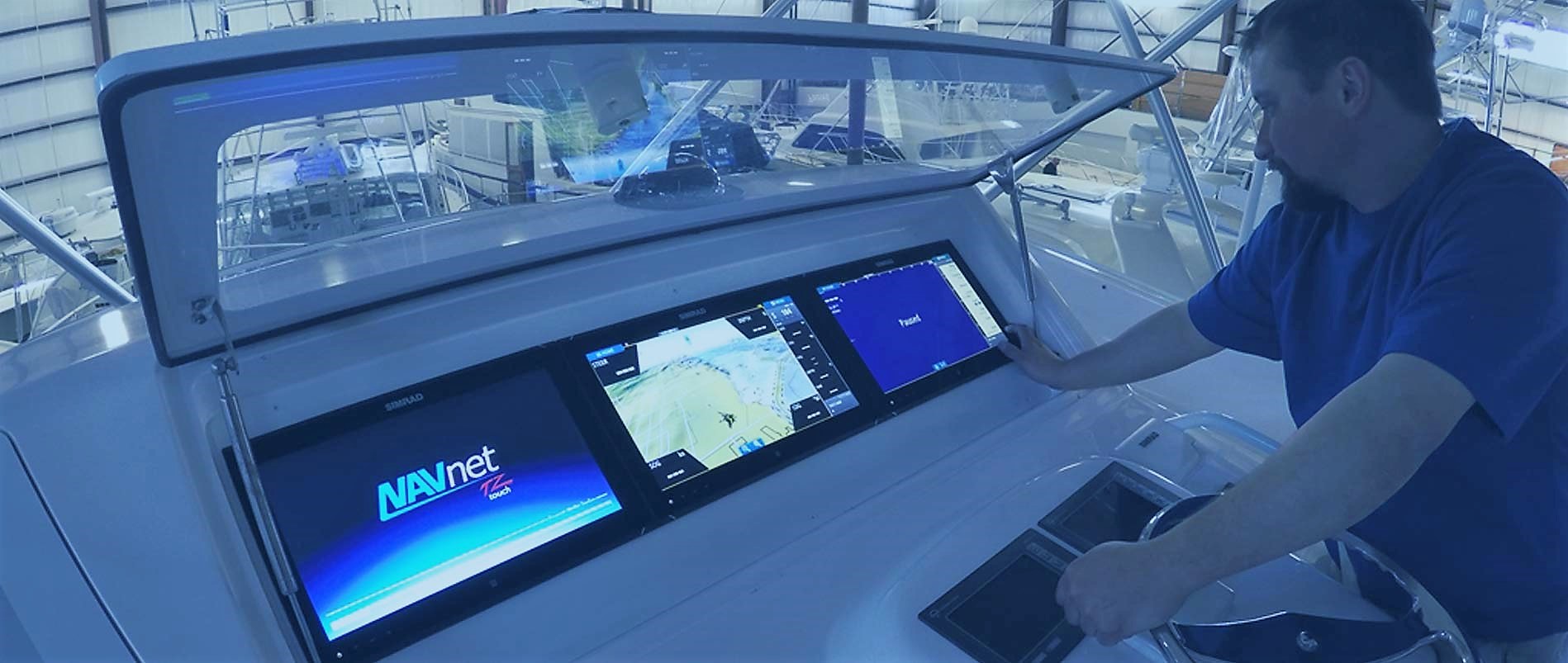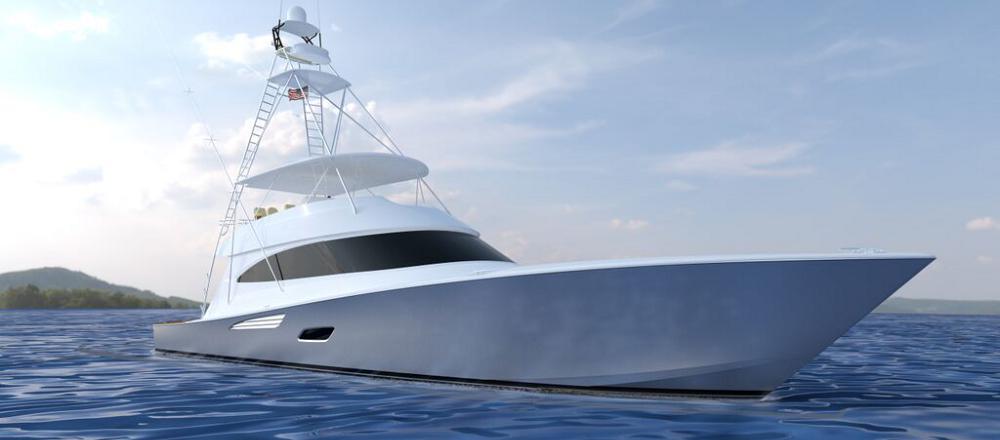
 Keyword optimization tips and SEO best practices for boating business websites – plus, suggestions for boat meta tag keywords
Keyword optimization tips and SEO best practices for boating business websites – plus, suggestions for boat meta tag keywords
Launching a new website feels a lot like that moment in the 1989 movie Field of Dreams when farmer Ray Kinsella mowed down a swath of corn to build a pristine baseball diamond — all because a voice told him if he built it, they would come. Ray didn’t know who exactly he was building this field for, and in the days to come, his Field of Dreams sat empty. But then, one miraculous night, his daughter came into the house and said, “Daddy, there’s a man out there on your lawn.”
After that, more visitors followed.
Like Ray, many companies build their pristine websites, anticipating all sorts of traffic, and of course, there’s always that marketing voice telling you, “If you build it, they’ll come.” But that’s where the Hollywood fairytale ends. It takes more than just a website to attract visitors, and if your field of dreams is failing to draw a crowd, there many factors that come into play. For starters, look to see if your website was built with keyword optimization in mind.
So, what is keyword optimization? It’s the act of researching, analyzing and selecting the best keywords to target — and drive — qualified traffic from search engines to your website. When these keywords are used in headlines, body copy and the meta foundation of your site, it helps search engines catalog your page.
Here is a quick way to tell if your website was keyword optimized …
- Open your website in the Chrome browser.
- Right click on the page and select “View Page Source.”
- A new window will open with what looks like foreign copy. This is your website code.
- Do a search for the word “meta”
- For Mac users, type Command+F
- For Windows, use Ctrl+F
- This will highlight the meta foundation copy. Look for the following:
- <title>
- meta name=”description”
- Read the copy that follows. What kind of keywords are being used?
Here are some tips on selecting keywords…
- Don’t just guess the keywords you think customers are searching. Use tools like SEMrush, KWFinder, Moz’s Keyword Explorer and Google Keyword Planner to identify actual keywords being searched. These platforms also show each keyword’s monthly search volume, helping you better prioritize what you might want to rank on.
- Ranking for broad keywords is competitive and not always realistic. Sure, all boat manufacturers would love to be on Page 1 of Google for “boats,” but that’s not practical, and it doesn’t help you drive qualified traffic. So, what type of boat manufacturer are you, and can you describe your product even more narrowly than that?
Here’s an example — the phrase “pontoon boats” generates 60,500 searches a month. Most marketers get greedy when they see that kind of search volume, but again, this a pretty broad term.
Here are some variations — or what we call long tail keywords — that you have a better chance of ranking on. (And because it still uses the broad keyword, there’s an opportunity to rank on the competitive keyword, too … of course, after your website gains authority.)
- pontoon boats 60,500
- pontoon boats for sale 22,200
- pontoon boats for sale near me 5,400
- fishing pontoon boats 5,400
- small pontoon boats 2,900
- small pontoon boat 480
- mini pontoon boats 1,900
- mini pontoon boat 480
- mini pontoon boats for sale 390
- bennington pontoon boats 2,400
- best pontoon boats 1,300
- best pontoons for sale 720
- luxury pontoon boats 880
- premier pontoon boats 720
- 22 foot pontoon boat 880
- pontoon boat with cabin 880
- double decker pontoon boat 590
- wakeboard pontoon boat 390
- mini pontoon boats 1,900
- small pontoon boat 480
- pontoon boats for sale 22,200
So, let’s say you’re a fishing pontoon boat dealer. If you use the phrase “Fishing Pontoon Boats for Sale Near Me” in your meta Page Title, you’ve actually built your page to rank on four different keyword phrases.
Now, let’s look at smaller pontoons. While you might be eager to rank on the “small pontoon boats” because it yields the most volume, using “mini pontoon boats for sale,” actually ranks you on three different keyword phrases. Sometimes, it’s simply about making the most of the small character counts you’re given in your meta data.
Let’s get back to our tips …
- You don’t need to optimize for brand keywords. Sure, “bennington pontoon boats” attracts 2,400 searches a month, but you’re going to naturally rank on your own name. It’s the long tail keywords (and the broad ones) that companies struggle to rank on.
- Every page on your website should be optimized around its own set of unique keywords, and make sure the content on that page relates to those phrases. Do you have a double decker pontoon boat? Research those keywords. (In fact, our keyword list above shows one variation.) Are you in the luxury market and want to be known as the “best” or “premier.” Do you have a wakeboarding model, or a 22-footer? (Again, some of those variations are above.) Dedicate certain pages to certain keywords, and try to pick a primary keyword along with two secondary keywords that all relate to each other AND the content of that page.
- The best time to deploy a solid keyword strategy is before the website build. You should have a document that shows all of your page content, along with keyword volumes and the meta descriptions you plan to use. (In fact, keyword research may sway you to build pages you didn’t even realize you needed.) If your website is already built, that’s OK. Go page by page and improve your keyword content. (And don’t forget, your blogs should be keyword optimized, too!)
- Learn where to best utilize your keywords, and then use your research tools to monitor if you are indeed ranking on the phrases you set out to own.
If your website was built around keyword strategy, you will have a solid foundation for driving traffic. Of course, like Ray, you’ll have to maintain what you built, and there are other SEO best practices to consider. But if an agency tells that your website was optimized, you can open Chrome to see the keywords in action.
In marketing, we aren’t blessed with miracles like Ray … but lot of magic does happen. And now, you can peek behind the curtain to see if your website is built around SEO smoke and mirrors, or if a true keyword wizard was hard at work.



